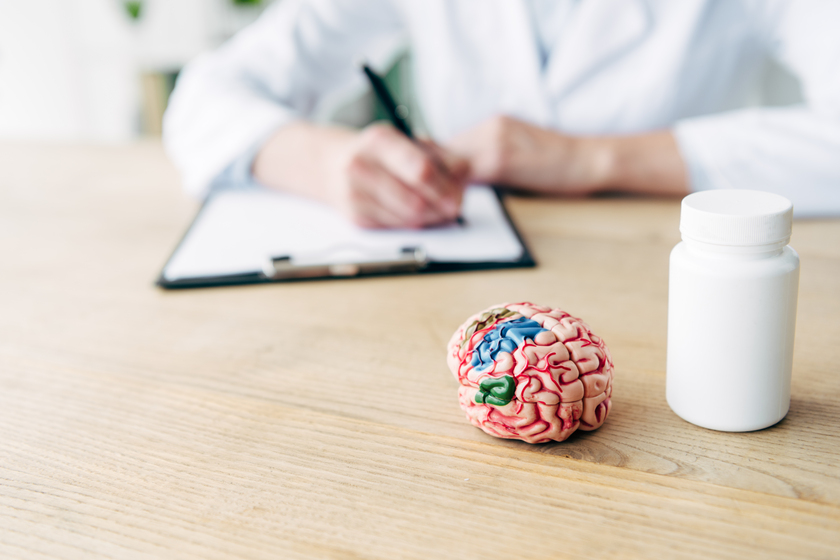Dementia is a progressive neurological disorder affecting memory, thinking, and behavior. Recognizing the early signs of dementia is vital in seeking timely medical intervention and ensuring the right support is in place for your loved one. This article explores the importance of identifying early signs of dementia and provides an overview of common symptoms to watch for in your aging loved ones.
Why Early Recognition Matters
Identifying the early signs of dementia is crucial for several reasons:
- Early Diagnosis: Timely medical intervention can help in diagnosing the specific type of dementia, ruling out other potential causes, and determining the most appropriate course of action.
- Access to Treatment: Although there is currently no cure for dementia, early diagnosis may provide access to medications and interventions that can help manage symptoms and slow the progression of the disease.
- Planning and Support: Early recognition allows families to plan for the future, ensuring that appropriate care and support are in place for their loved one.
- Empowerment: Being aware of early signs of dementia can empower individuals and their families to seek help, make informed decisions, and maintain a sense of control over their lives.
Common Early Signs of Dementia
While symptoms can vary depending on the type of dementia, some common early signs include:
Memory Loss
Memory loss is one of the most common early signs of dementia. This may manifest as forgetfulness, misplacing items, or difficulty remembering recent events or conversations.
Difficulty with Planning and Problem Solving
Individuals experiencing early dementia may struggle with tasks that require planning, problem-solving, or concentration. This could include difficulty following recipes, balancing a checkbook, or organizing daily activities.
Disorientation and Confusion
Disorientation is another early sign of dementia, where individuals may become confused about time, dates, or their location. They may also have difficulty recognizing familiar faces or places.
Communication Issues
Language problems can arise in the early stages of dementia, making it difficult for individuals to express themselves or understand others. This may include struggling to find the right words, repeating phrases, or using incorrect words in conversation.
Changes in Mood and Personality
Mood and personality changes are often evident in the early stages of dementia. Individuals may become more anxious, irritable, or withdrawn, and may lose interest in activities they previously enjoyed.
Apathy and Withdrawal
Apathy, or a lack of motivation, is another early sign of dementia. Individuals may lose interest in hobbies, socializing, or personal care, leading to increased isolation.
What to Do If You Notice Early Signs of Dementia
If you suspect that you or a loved one may be experiencing early signs of dementia, it’s essential to:
- Consult a Healthcare Professional: Schedule an appointment with a healthcare professional to discuss concerns and undergo a thorough evaluation.
- Educate Yourself: Learn about dementia, its symptoms, and available resources to better understand the condition and provide appropriate support.
- Develop a Support Network: Connect with family, friends, and support groups to share experiences and seek advice.
- Plan for the Future: Discuss future care and support options, such as in-home care or retirement communities, to ensure your loved one’s needs are met as the condition progresses.
Recognizing Early Dementia Signs
Recognizing the early signs of dementia is crucial for ensuring timely intervention and support. By understanding these symptoms, seeking professional help, and planning for the future, you can provide the best possible care for your loved one as they navigate the challenges of dementia.







